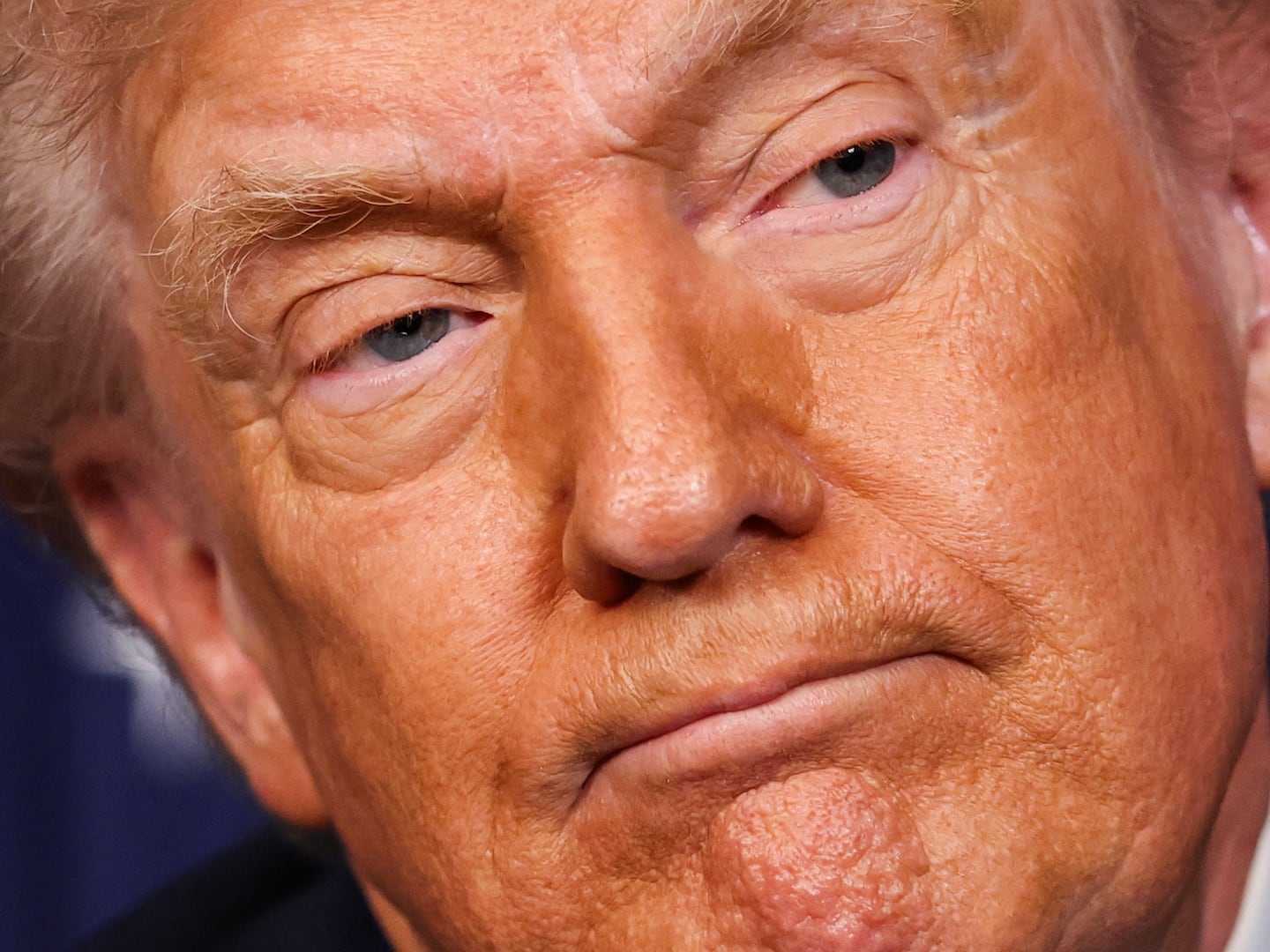Progressives are over the moon with the record number of judges that President Biden and Senate Democrats have confirmed this year, a good news story that Democrats should be shouting from the rafters.
Biden has gotten more lower court judges confirmed in his first year than any modern president, and their professional credentials are strikingly different. Instead of former prosecutors, there are civil rights leaders, public defenders, and labor law attorneys. What’s more, Biden is fulfilling his promise to diversify the bench with people who look like America. Instead of white men, almost three-quarters of these judges are women, and almost 65 percent are people of color.
The reason that this success isn’t talked about more has to do with the mountain still left to climb after Donald Trump and Mitch McConnell stocked the courts with Federalist-approved conservatives, along with a belief among administration insiders that the bipartisan infrastructure bill will be a better bet to run on in next year’s midterms.
Progressives credit the White House and Senate leader Chuck Schumer and Judiciary Chair Dick Durbin with getting 29 District Court judges and 11 Circuit Court judges confirmed. Trump’s first year scorecard was 12 to the District Court and 6 to the Circuit Court. President Obama in his first year placed 3 District Court judges and 9 to the Circuit Court. “The biggest change from 2009 (Obama’s first year) to 2021 is how quickly these Democratic senators have put in their recommendations making it a priority allowing the whole system to move more quickly than it has before,” says Chris Kang, co-founder of Demand Justice.
“They are killing it, and that’s an understatement,” says Dan Goldberg with Alliance for Justice. “For progressives, it’s a great year for judges.”
“It eclipses Barack Obama, which is something I believed I would never say,” says Elliot Mincberg with People for the American Way. (Obama did fill a Supreme Court vacancy in his first year, Justice Sonia Sotomayor, as did Trump in his first year with Justice Neil Gorsuch.)
Democrats have risen to the challenge posed by Trump’s example. Five more Circuit Court nominees are awaiting Senate action, and 26 District Court nominees are in the pipeline. That still leaves 16 vacancies on the Circuit Courts and 46 on the District Courts, and a tougher road ahead, says AFJ’s Goldberg.
“As we go into the New Year, the test for Democrats is to identify nominees with bipartisan support,” he says, explaining that Biden’s successful first year rests mainly on filling vacancies in District Courts where there are Democratic senators. One exception is Ohio where retiring Republican Senator, Rob Portman, worked with Democrat Sherrod Brown to confirm a Biden nominee.
“Democrats were not blind obstructionists when dealing with President Trump,” says Goldberg, but whether Republicans will work with Democrats next year on judges is an open question. If they are “blind obstructionists,” then the pressure will be on Judiciary Chair Durbin to scrap the “blue slip” Senate tradition that allows home state senators to block District Court nominees they don’t like without explanation.
There are currently 870 federal judges with lifetime appointments: nine on the Supreme Court, 179 on the courts of appeals, 673 for the district courts and nine on the Court of International Trade. A quarter of the active judges on the lower courts are Trump appointees, and they have blocked Biden policies in a number of areas. Earlier this month, a Texas Appeals Court judge appointed by Trump upheld the former president’s “Remain in Mexico” policy for immigrants crossing the southwest border. Trump-appointed judges overturned Biden’s eviction moratorium and are blocking Biden policies on vaccine mandates for certain populations.
“Unfortunately, we cannot forget the lifetime legacy of Trump judges doing damage every day to American rights and to the Biden agenda on Covid 19 and other issues,” says Elliot Mincberg with PFAW. “It’s hard for me to think of an area where they haven’t had an impact.”
Until McConnell executed a brazen power grab in securing three SCOTUS seats for Trump appointees, cementing a conservative majority on the highest Court for generations to come, rank-and-file Democrats hadn’t been as tuned into the courts as their Republican counterparts.
That has changed, says Kang with Demand Justice. “Democrats overall understand the importance of courts in a more focused way,” he says. In 2016, Trump won among voters who said the Supreme Court was an important or very important issue by six points; in 2020, Biden won by two points, an eight-point swing.
The data are snapshots of a very much moving target,” says Russell Wheeler, a visiting fellow in the Brookings Institution’s governance program. “Where Biden is going to be a year from now is hard to say. If McConnell gets control of the confirmation process, it won’t stop, but it will slow down to a crawl, and there’s no way Biden will finish four years with more judges than Trump, for example.”
For now, there is change that matters. The judges winning confirmation bring a different kind of lived experience than most of those that came before. Emblematic of the transformation is Dale Ho, head of the ACLU’s voting rights project, and one of five nominees awaiting Senate action in January. It’s hard to imagine someone like him being proposed under any recent administration.
Championed by Schumer for the Second Circuit, Southern District of New York, Ho is the GOP’s worst nightmare as Republicans try to solidify their hold on power by limiting access to the ballot.
“I cannot emphasize enough the quality of these appointments,” says Dan Goldberg. “They bring a different kind of lived experience, and that will lead to a bench that is more protective of constitutional rights and equality before the law.”








